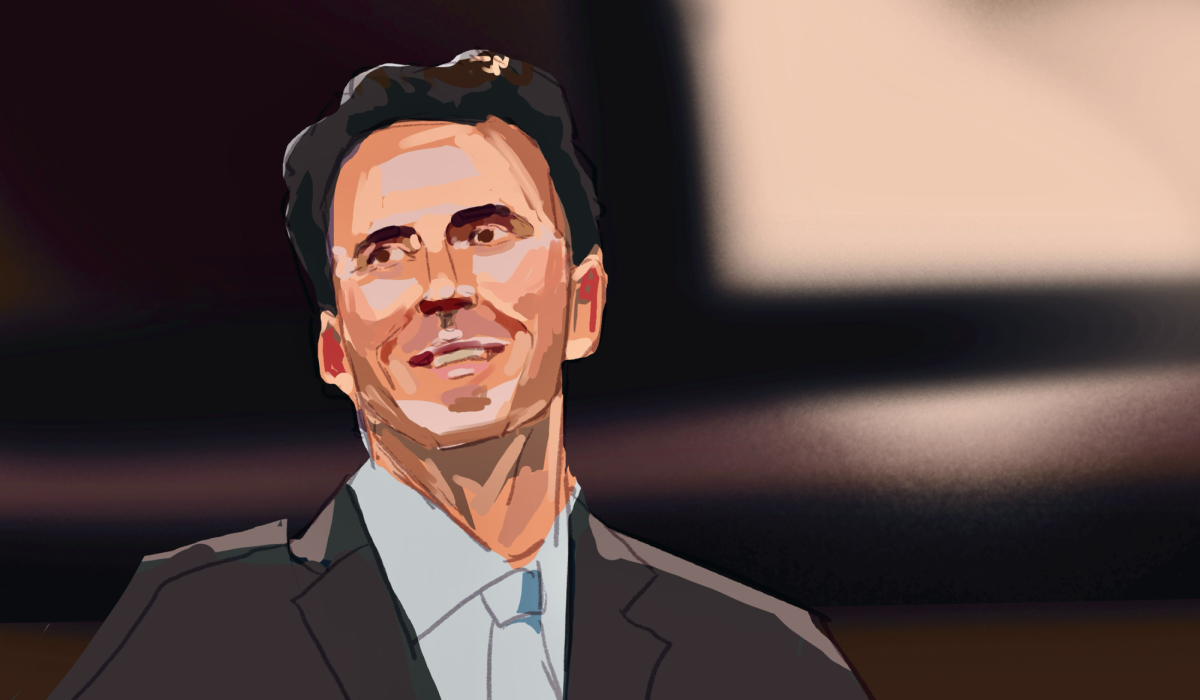The Global Forum at International House hosted an event titled “Iran, Nukes, and the P5+1 Talks” that aimed to increase awareness about the Iran nuclear deal on Oct. 12.
Erik Gartzke, an associate professor of Political Science at UCSD, moderated the event. The panel of speakers consisted of distinguished scholars who each gave presentations about the Iran nuclear deal.
The Iran nuclear deal is a nonbinding resolution between Iran, the five permanent members of the United Nations Security Council and the European Union. The deal mandates that the United Nations will reduce some of its sanctions on Iran, and in return, Iran will limit its nuclear enrichment capacity.
Nuclear scientist Dr. Mehdi Sarram said that while Iran has no use for nuclear weapons, he was opposed to the U.S. Senate investigations.
“Iran has 17 declared nuclear facilities, but Iran doesn’t need nuclear weapons,” Sarram said. “U.S. senators have no business to inspect military facilities in Iran.”
Moreover, he also mentioned that the average Iranian citizen sees the deal as oppressive and expressed some reservations about how nuclear deals often cause Iran to lose a lot of money.
Distinguished Professor of Political Science at the UCSD School of Global Policy and Strategy Stephen Haggard explained that the U.N. has been discussing deals and compromises regarding Iran’s role in the nuclear research and international communities for over 10 years. However, most deals were never successful in ended in a solution.
Although some critics state that the deal is ineffective and harmful, UCSD physics professor Jorge Hirsch explained how it will decrease the chances of war.
“Iran reaffirms that under no circumstances will it seek a nuclear weapon,” Hirsch said. “Since 2005, the number of centrifuges in Iran has increased from 200 to 20,000. It is clear that Iran will not stop growing its nuclear program. The only other alternative to this deal is war…[which] will lead to a high probability of U.S. usage of nuclear weapons. Any regional conflict could explode into nuclear war.”
Sarram explained that many of the facilities that Iran is designing are not for nuclear weapons, but rather for research purposes.
Eleanor Roosevelt College junior Jake Lory expressed his enthusiasm about what was discussed in the event.
“I found the forum to be substantive and engaging,” Lory told the Guardian. “Most intriguing were Sarram’s statements about the Iran Deal through the eyes of the common Iranian citizen. While the majority, if not all, media outlets ignore this facet of the conversation entirely, it was illuminating to hear why much of the Iranian populace does not support the deal.”
Lory further expressed his thoughts on how some Iranians see the deal as offensive since it could waste a significant amount of money and stop research efforts.
“Feeling unrightfully criminalized by the [unsupported] accusations put upon their nation…[Iranians] see the Iran Deal as offensively constraining to their nations efforts of nuclear energy production,” he said. “Particularly alarming was Sarram’s assertion that the deal will ultimately waste a previously invested $150 billion put into the nation’s nuclear energy expansion efforts.”
This event was hosted by the Global Forum and the International Affairs Group, which hosts a variety of speakers and scholars every Monday night at 7 p.m. at the Great Hall.







